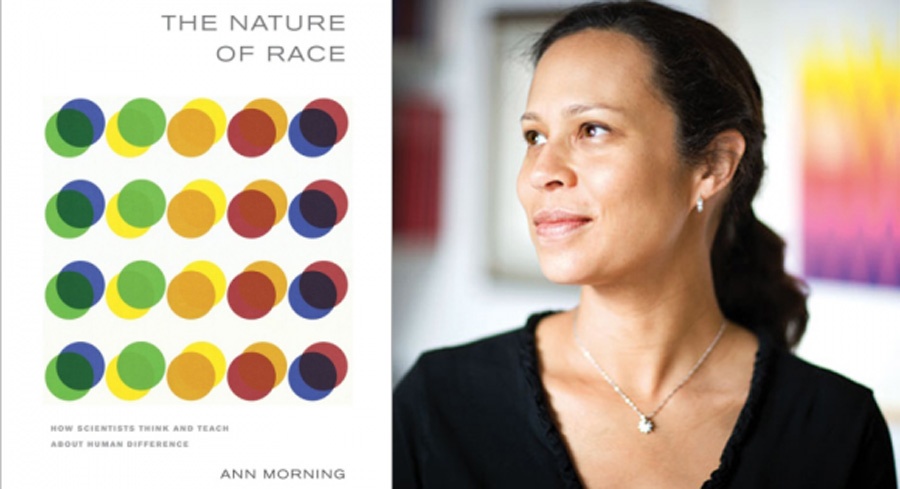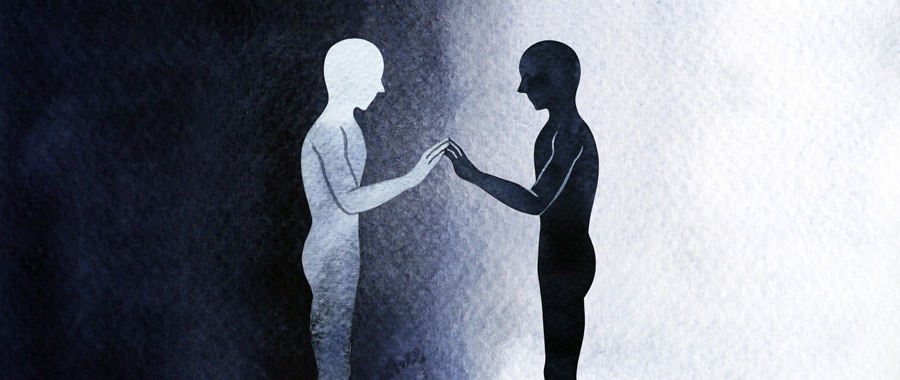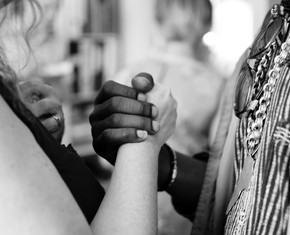The views expressed in our content reflect individual perspectives and do not represent the authoritative views of the Baha'i Faith.
In the last hundred years, science has made incredible progress, finding the cures for smallpox, polio, measles, yellow fever, malaria, typhoid fever and whooping cough, to the point of totally eradicating them in some parts of the world. What if we also viewed racism as a disease?
We can see parallels between discrimination and the countless physical illnesses humans have suffered. And if racism is a disease, that means it’s possible to eradicate it from the world.
We are born without prejudice, but we catch biases during our developmental years, at home, at school, and in social groups—and these can easily become prejudice. Albert Memmi, a professor emeritus of sociology at Paris Nanterre University and author of several books, investigated racism as a social pathology and, in his 1982 book “Racism”, wrote: “We are all tempted by racism. There is in us a soil prepared to receive and germinate its seeds the minute we let down our guard. We risk behaving in a racist manner each time we believe ourselves threatened in our privileges, in our well-being, or in our security.”
A young mind, like a dry sponge, absorbs anything fed to it through observation. At the dinner table, children often hear about how good or bad certain groups of people are, and their knowledge-hungry minds with limited rational ability learn from petty talk, misinformation, and prejudicial remarks. Many adults intentionally teach prejudices to their children to hand down their belief system.
Ann Morning, assistant professor of sociology at New York University, studied the thought processes of scientists and what they teach about human differences. In her book, “The Nature of Race”, she explained, “Our understandings of racial difference are undoubtedly shaped by our families, friends, neighbors, and peers. But in a society where racial classification pervades bureaucratic life, our everyday experiences in settings such as schools, companies, agencies, medical offices also leave their mark on our notions of race.”

When the time came to educate our children, both my wife and I were aware of the risk of our children absorbing such ideas in a society full of prejudice. We made a commitment to say nothing derogatory about any race or group, and to instead emphasize to the following concept we learned from the Baha’i teachings: to see every individual as the flower of one garden, “each radiant within itself and although different from the others, lending its own charm to them.”
Baha’u’llah, the prophet and founder of the Baha’i Faith, as well as his son Abdu’l-Baha, said that “If all the flowers in a garden were of the same color, the effect would be monotonous and wearying to the eye… Let all associate, therefore, in this great human garden even as flowers grow and blend together side by side without discord or disagreement between them.”
Although a wind of discrimination continues to batter humanity in every land, our collective consciousness demands a better way. If humanity is to survive, it’s easy to see why shifting our discourse towards inclusivity, harmony, and prosperity is necessary. The Baha’i teachings affirm that our “eyes are now open to the beauty of the oneness of humanity, of love and of brotherhood. The darkness of suppression will disappear and the light of unity will shine.”
But the same quote from Abdu’l-Baha continues: “We cannot bring love and unity to pass merely by talking of it. Knowledge is not enough. Wealth, science, education are good, we know: but we must also work and study to bring to maturity the fruit of knowledge.”
Humans become racist through the environment we live in. But like any illness, racism can also be cured, through education, effort, and prayer. Abdu’l-Baha emphasized the role each one of us has to play in healing ourselves, and healing others. He said, “You must manifest complete love and affection toward all mankind. Do not exalt yourselves above others, but consider all as your equals, recognizing them as the servants of one God.” He also said, “Act in such a way that your heart may be free from hatred.”
I find hope in my children, who as babies looked both to my wife (a white person) and to me (a brown-skinned person) to find food, love, and comfort. If we are born without prejudice, there is hope for a day when it will cease to exist.
















Comments
Sign in or create an account
Continue with Googleor